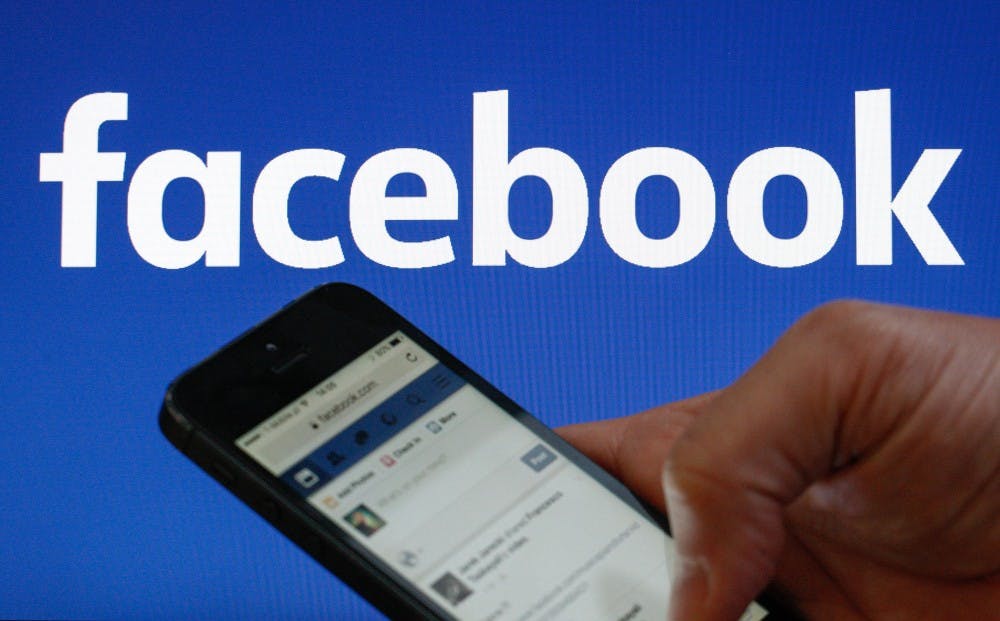Lately, Mark Zuckerberg has been roving the countryside, observing families and learning about human customs. Every day for the past several years he’s worn the same grey t-shirt and blue jeans. If you’ve seen "The Social Network," it’s no surprise that Zuckerberg's an insufferable egomaniac. And it’s no surprise his company is now under investigation by the FTC for potentially helping to undermine democracy.
Thinkpieces have been written. Formal apologies have been issued. Its stock has dropped. Good riddance. It’s about time Facebook has seen some sort of pushback for its shady dealings.
Facebook kicked off the trend of reshuffling our feeds out of chronological order. Its messaging app is absolutely bloated. Who asked for stories? And mandatory read receipts? Remember how it always used to change the site's layout? This stint with Cambridge Analytica is just the latest in a long list of offenses Facebook has committed.
Facebook has historically had an ethics problem. An early, similar website Zuckerberg created was used to rank Harvard students by hotness. Zuckerberg might even have stolen the idea for Facebook from someone else. Their whole business model banks on the bet that no sensible person would ever read their mile-long terms of service. If you can only get someone to enter into a deal by obfuscating the terms, you’ve long since stopped listening to your conscience.
Facebook makes us miserable. Seeing posts of perfect smiling newlyweds on their fourth trip to Barbados paired with articles about impending nuclear war cooks up feelings of worthlessness and anxiety. We all know this, including Facebook. It's admitted to it and choose to capitalize on it.
One time, just for kicks, Facebook researchers wanted to see how emotionally vulnerable individuals — think teenagers — react when exposed to more negative content in their feeds. Predictably, not very well. This is plain grimy and just a glimpse into the power Facebook has and does not take seriously.
Facebook played a huge part in spreading misinformation and fake news during the 2016 election. Operatives were able to take advantage of Facebook's algorithms to reach wide audiences. Facebook created an easily exploitable system which rewards provocative “engaging” content that stirs feelings of anger and fear and brings out our worst tendencies.
Facebook has ruined the Internet not just by aiding in the rise of clickbait but also by draining the profits of publishers. Publishers are dependent on Facebook, receiving an average of 40 percent of their traffic from the platform according to analytics firm Parse.ly. Facebook charges publishers to promote their content — those who’ve liked their page won’t actually see their posts until they pony up. And if you only read a headline on Facebook, only Facebook is making money, not the journalist who wrote it.
Facebook has a near monopoly on a large part of our modern society. At the very least, it has a responsibility to tend to the Pandora's Box they’ve opened. But it has proven, despite having billions of dollars, to be unable or unwilling to solve any of its own problems. Did you know at one point you could buy unlicensed firearms off Facebook?
Instead Facebook races to the bottom, trying to unravel the knots in our brain to learn how to best get us as addicted as possible. And we opted in. We made a deal with the devil signing ourselves away for the convenience of seeing memes from our 10th grade lab partner's ex-boyfriend. We are complicit in all of this. This all ends as soon as we say no.

